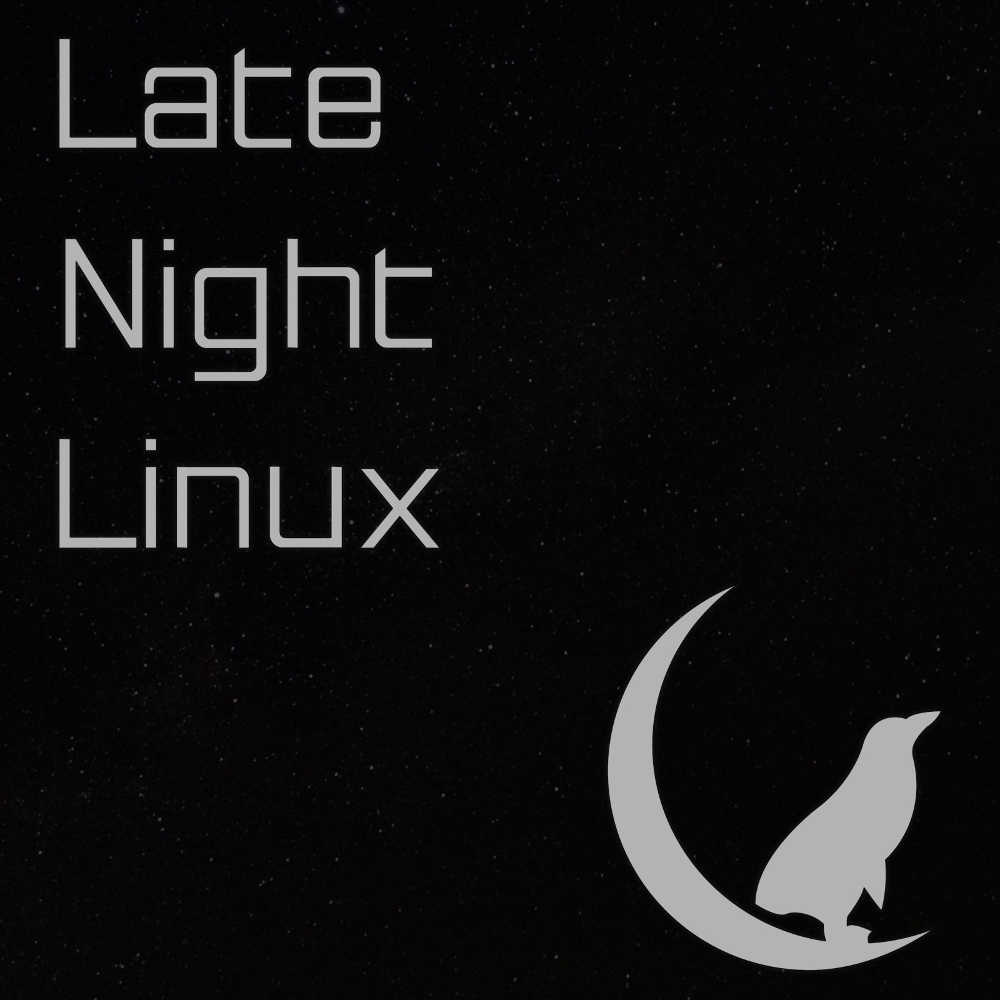
 Late Night Linux
Late Night Linux Late Night Linux – Episode 254
Nov 7, 2023
The podcast explores alternative operating systems if Linux wasn't available and highlights the appreciation for Linux. They discuss the RISC-V market and layoffs at SiFive. The hosts debate ad blockers and GDPR violations. The incident of a blocked DreamWorks presentation and the hope for legal action against Google and YouTube is mentioned. There is a discussion on upcoming changes to plasma widgets and a device trust solution called Kolide. Finally, the speakers share their preferences for different operating systems and the possibility of using Linux-like systems.
Chapters
Transcript
Episode notes
1 2 3 4 5 6
Introduction
00:00 • 2min
Layoffs at Si 5 and the Future of RISC-V
01:37 • 7min
Debating Ad Blockers and Personalized Ads
08:50 • 4min
DreamWorks Presentation Blocked and KDA6 Funding Drive Update
12:21 • 2min
Upcoming Changes and Plasma Widgets
13:56 • 3min
Operating Systems Preferences and Linux
16:33 • 12min

